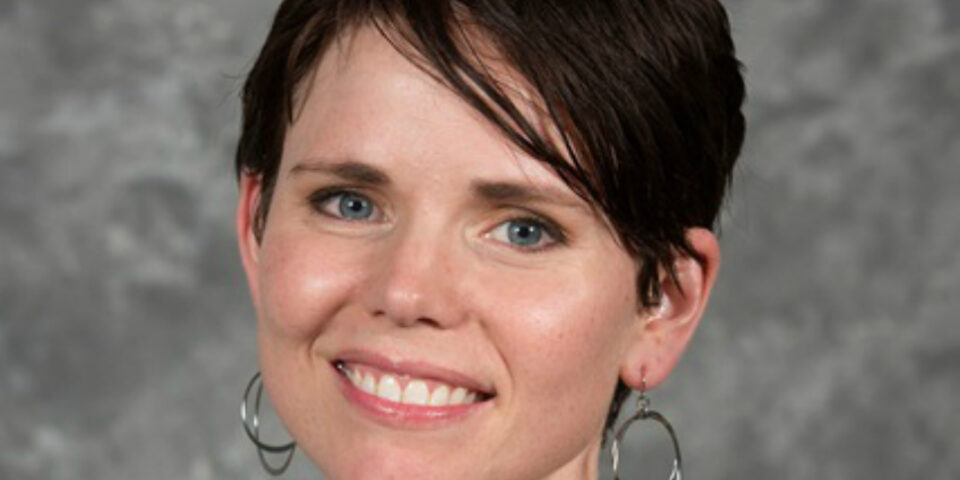Hi, I’m Jennie. I’m a biochemist (PhD from Cornell), and an educator deeply committed to equality. I am also a dedicated wife and mother of 3 boys. I grew up as a faithful Mormon in Utah, received my YW recognition award, graduated from seminary, served a faithful mission, and eventually married in the temple. I have served in several callings, including gospel doctrine teacher, RS president, and stake RS counselor.
I have struggled throughout my life, to varying degrees, with feeling like a second-class citizen in the church. While I know that most of my interactions with Mormon men have been well-intentioned, I’ve been made keenly aware throughout my life of the things I wasn’t allowed to do – baptize, give blessings, prepare/serve the sacrament, handle fast offerings, or even feel supported in my choice to pursue a career. I’ve been accused of disrespecting male priesthood when defending myself against their verbal mistreatment, and was constantly evaluated on my ability to attract a mate while growing up. I’ve been accused of unworthiness for pursuing an advanced degree, working outside the home, and sharing my experience with distorted body image. The constant attention to my body as being modest and desirable to men, as well as the superlative emphasis on the need to marry and bear children, made it difficult to see myself as a person of distinct identity and worth outside of the traditional female roles. In all of this, I internalized a sense of inadequacy that expressed itself as an eating disorder for many years. Part of my healing was learning to view myself as a person, first and foremost, rather than an embodiment of roles ascribed to me by others. I believe that having a greater diversity of female leaders as role models would have alleviated much of this confusion and distress, and given me a healthier sense of identity as a Mormon woman.
I have been a participant in many church councils, and know that the majority of leaders seek to serve honestly and well. However, without equal representation of women among the leadership ranks, it is all too easy for the needs, perspectives, and ideas of women to play second fiddle to the prevailing male view in the room. Additionally, the church and its membership are not fully availed of the vast resources of talent, faith, and capability that are available in the women of the church. I believe strongly in the power of men and women working together as equals, and I have experienced that power in my own egalitarian marriage, my profession, and in some instances of church service. I believe that “all are alike unto God” (2 Nephi 2:26), and that the talents and abilities of both men and women are needed, in equal measure, at all levels of church leadership. My personal study of the scriptures and the history of the church has led to me to conclusion that female ordination is desirable, appropriate, and doctrinally harmonious in a church with an open cannon and an emphasis on progression. For these reasons, I believe women should be ordained.






